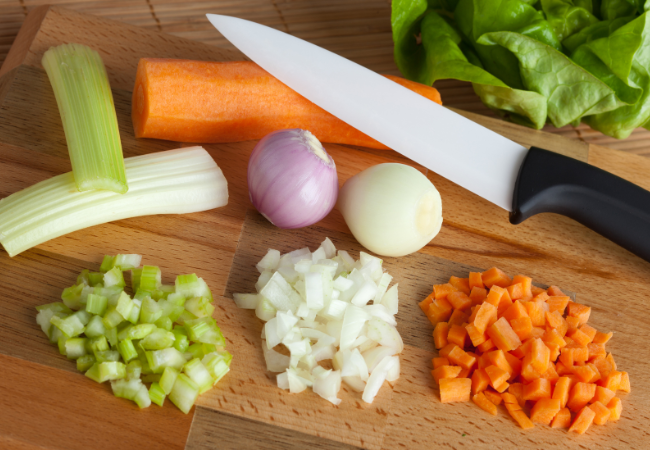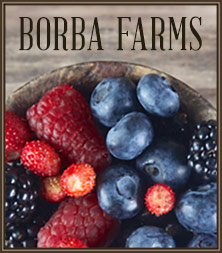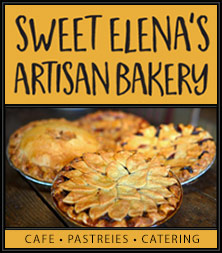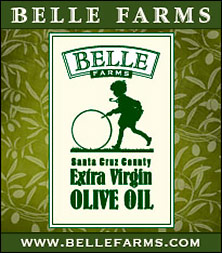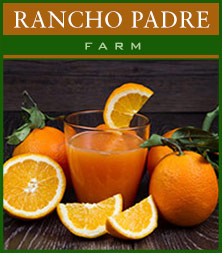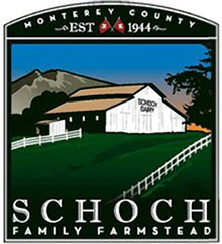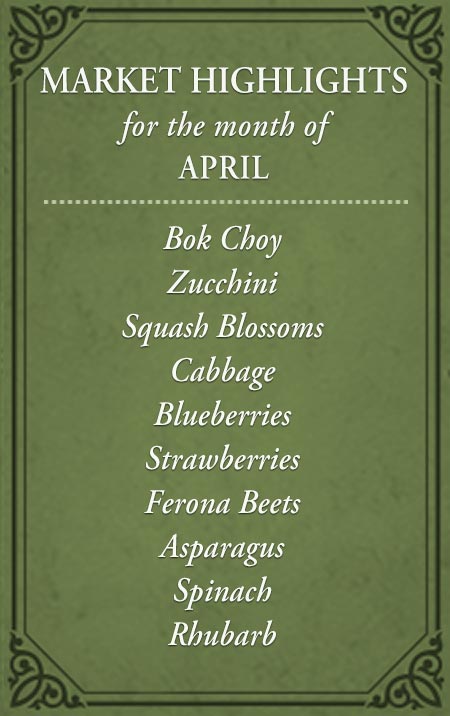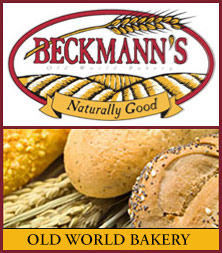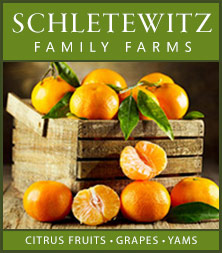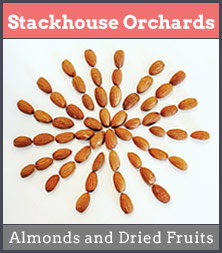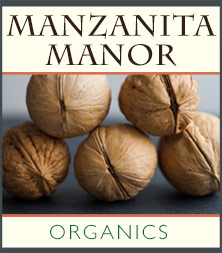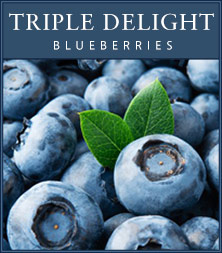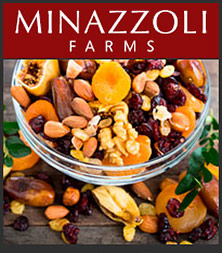Think of how often a dish begins with a simple sauté of onions, carrots, and celery. In Italy, this classic trio is called soffritto. In France, the same combination cooked in butter is known as mirepoix. For everyday cooking, I prefer using a light-flavored olive oil or even a neutral oil like grapeseed, so I stick with the Italian name.
I like to make soffritto in larger batches. Some I remove while still pale, or “blonde,” while the rest I cook longer until it turns a deeper amber with a caramelized flavor. Occasionally, I let it go very dark—almost tobacco-colored—for a deep, rich base.
To store it, I freeze soffritto in large zip-top bags. After filling the bags, I flatten them and press out the air, which makes them easy to stack in the freezer. Later, I can simply break off the amount I need. Some people prefer freezing it in ice cube trays, much like pesto. However you store it, having soffritto in the freezer is like keeping a time-saver on hand. It makes getting good food on the table much faster, and it’s especially helpful if you’re cooking multiple dishes at once—small amounts of onions can burn quickly, but with a stash of soffritto you’re always ready to go.
I make some soffritto with carrots and some with fennel bulb. Both are naturally sweet: carrots cook down sweeter and lend color, while fennel adds its distinctive aroma and flavor. I use a lot more fennel in summer, often as the base, though sometimes I use both together. Remember, soffritto is just the starting point. Depending on what you’re cooking, you might add garlic, herbs, wine, finely diced tomato, mushrooms, or peppers. Use it with garlic, herbs, and extra oil as a base for greens; add stock and mushrooms to braise meat or vegetables; stir a spoonful into beans or grains for instant depth; or build it into a gratin of summer vegetables. The possibilities are endless once you have it on hand.
Although it may seem like a lot of oil, using too little risks scorching the vegetables and forces you to constantly monitor the pan. With more oil, the soffritto cooks evenly, and you can always strain off the extra before freezing. That flavored oil becomes a bonus: another layer of taste that carries through to the dish you’re preparing.
INGREDIENTS:
4 cups minced onion
2-3 cups minced celery
2-3 cups minced carrot or fennel bulb (or a mixture of both)
2-3 cups olive oil
METHOD:
You can use a food processor to mince all the vegetables except the onion. (Onions will liquefy in a processor or blender, so chop them by hand with a very sharp knife.) For the other vegetables, pulse until finely chopped but stop before they begin to release too much liquid.
Heat a large pan—preferably a sautéuse with high sides—over medium heat. Add the oil, and once it begins to warm, stir in the vegetables, coating them well.
Cook gently, stirring occasionally to prevent sticking, until the vegetables turn a golden straw color. This may take up to 45 minutes. At this point, the soffritto is ready to use, refrigerate, or freeze.
For a darker soffritto, remove any portion you’d like to keep light and continue cooking the rest until it reaches a deeper amber shade—or darker, if you prefer. Keep in mind that smaller amounts in a wide pan can burn quickly, so lower the heat and monitor closely, or transfer to a smaller pan to finish cooking more safely.
Soffritto keeps for about a week in the refrigerator, or up to 6 months in the freezer.
CHEF’S NOTES AND TIPS
- For freezing, I like to strain off the excess oil first. The soffritto freezes more cleanly, and you also get a wonderfully flavored oil to cook with.
- You can make soffritto with less oil, but it requires careful attention to prevent scorching. If the vegetables start to stick, add a splash or two of water to loosen them, and stir more frequently.
- For a classic mirepoix, the vegetables are cooked in butter (or a mix of butter and oil), and leeks sometimes make an appearance. Mirepoix may also refer to the raw vegetable mix, whereas soffritto usually means the cooked preparation. Mirepoix doesn’t include fennel, and its traditional ratio is 2:1:1—onion, celery, and carrots.
YIELD: 4 cups
SOURCE: Chef Andrew E Cohen


